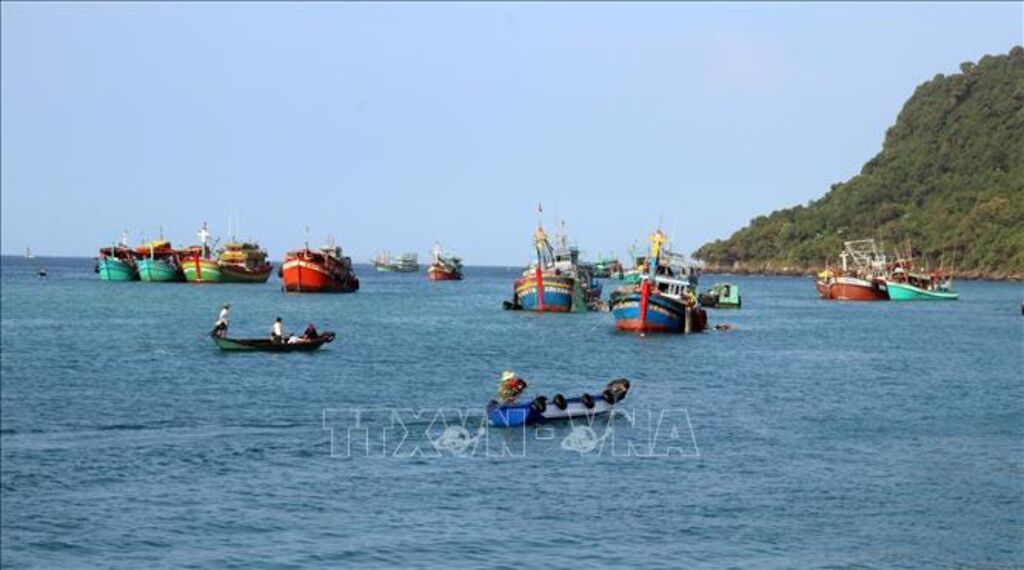 |
| All of natural lakes, large reservoirs, and main river systems must be investigated and assessed for resources and habitat of aquatic species__Photo: VNA |
By 2030, Vietnam will investigate and evaluate biodiversity, aquatic resources, and the habitat of aquatic species in the country’s waters, including deep sea areas, shallow waters, and underground water areas.
Such target is provided in Decision 76/QD-TTg, approving the national program on protecting and developing aquatic resources until 2030 recently issued by the Prime Minister.
Under the program, all of natural lakes, large reservoirs, and main river systems must be investigated and assessed for resources and habitat of aquatic species.
Aquatic resource reserves are expected to increase by over 5 percent compared to the results of the investigation and assessment of aquatic resources in the 2016-20 period.
Meanwhile, all of marine protected areas and artificial habitat areas for marine aquatic species will be managed and operated in line with provisions of the Law on Fisheries; and 60 percent of localities nationwide will implement co-management in protecting aquatic resources in association with building new-style rural areas and developing eco-tourism.
With practical solutions, the program aims to conserve, protect, use and regenerate aquatic resources and ecosystems reasonably and effectively.
Attention will be paid to enhancing legal regulations on management, protection and development of aquatic resources; completing and applying policies on changing and diversifying livelihoods for communities living in and around marine protected areas, and fishing communities in coastal areas.
Mechanisms and policies to mobilize and effectively use domestic and foreign resources in conserving, protecting, regenerating, and developing aquatic resources, and restoring aquatic ecosystems will be developed and issued.
The program also underlines the necessity to support the implementation of co-management in protecting aquatic resources; enhance coordination mechanisms among authorized agencies to effectively inspect, control, detect and handle violations of the Law on Fisheries at sea and inshore areas; and attract international resources and cooperation in sharing experiences and training and developing high-quality human resources to serve the work.- (VLLF)









